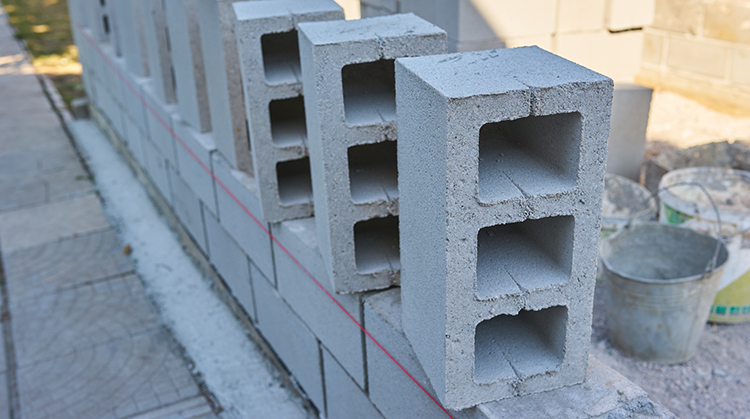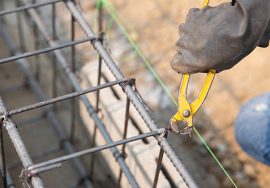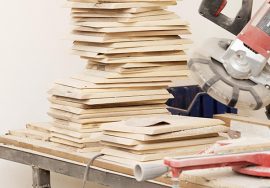
How to Estimate Building Material Costs in Nigeria
Introduction:
Budgeting is one of the most crucial steps in any construction project—whether you’re building a bungalow in Ibadan or renovating a duplex in Abuja. Without accurate estimates, costs can spiral out of control, leading to unfinished buildings or poor material choices. In Nigeria’s ever-fluctuating economy, understanding how to properly estimate building material costs is not just a skill—it’s a necessity.
This guide breaks down the steps to help you get accurate estimates, track market prices, and make informed financial decisions.
Step 1: Create a Bill of Quantities (BOQ)
A BOQ is a document that itemizes all the materials, quantities, and work needed for your building project. It’s usually prepared by a quantity surveyor but can also be developed using templates if you’re a self-builder.
What it includes:
-
List of all materials (cement, sand, rods, roofing sheets, etc.)
-
Quantities required for each stage of construction
-
Cost per unit and total cost estimates
Tip: If you’re working with a contractor, request a BOQ before any work begins.
Step 2: Visit Local Markets for Price Checks
Prices vary from region to region and fluctuate frequently due to exchange rates, transportation costs, and market demand.
What to do:
-
Visit 2–3 local dealers or building material markets (e.g., Ojota Market in Lagos or Building Materials Market in Onitsha).
-
Take note of both wholesale and retail prices.
-
Ask about delivery costs and seasonal price changes.
Pro Tip: Use BTech TV’s Market Survey videos for monthly pricing updates across major Nigerian cities.
Step 3: Factor in Wastage and Miscellaneous Costs
No matter how detailed your BOQ is, there will be small extras: wastage, transport, loading/unloading, and sometimes bribery or “facilitation fees” at checkpoints (unfortunately).
General rule:
-
Add 10–15% on top of your material cost estimate to cover unexpected expenses.
Step 4: Consider Location and Project Type
Costs in city centers like Lagos, Abuja, and Port Harcourt are significantly higher than in semi-urban or rural areas.
Examples:
-
Cement may cost ₦6,000 in Lagos but ₦5,300 in Ekiti.
-
Transporting granite to a remote site can double your cost if the road is bad or no trucks are available.
Pro Tip: Always compare location-specific data and don’t rely on generalized costs from the internet.
Step 5: Track Prices with Construction Media
To keep your estimates current, follow trusted platforms like BTech Nigeria for regular updates and trends in building material pricing, availability, and sourcing tips.
Also follow:
-
Construction WhatsApp groups
-
Vendors’ Instagram pages
-
Forums like Nairaland (under the “Properties” section)
Conclusion:
Cost estimation is more than just arithmetic—it’s planning ahead, reducing surprises, and ensuring that your building dreams stay within reach. By using a BOQ, comparing market prices, and staying informed with trusted media, you can avoid unnecessary financial strain and finish your project on time.







Hi, this is a comment.
To get started with moderating, editing, and deleting comments, please visit the Comments screen in the dashboard.
Commenter avatars come from Gravatar.